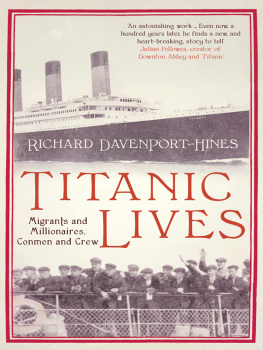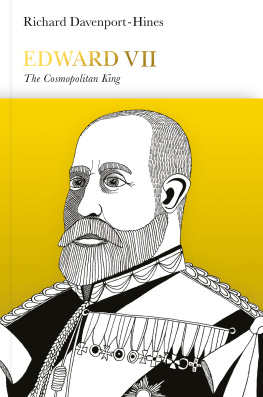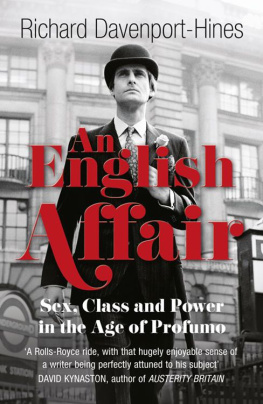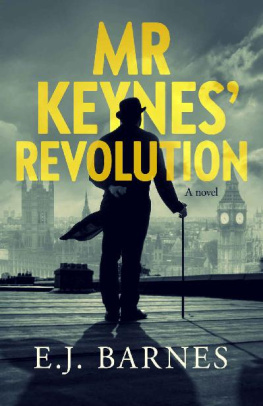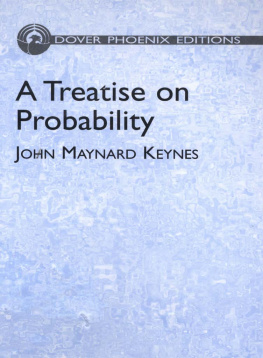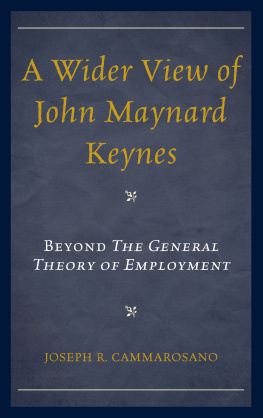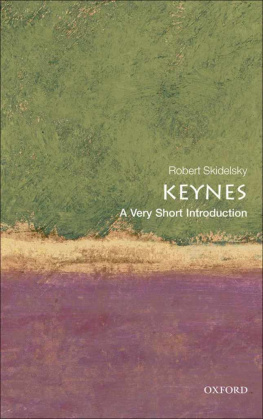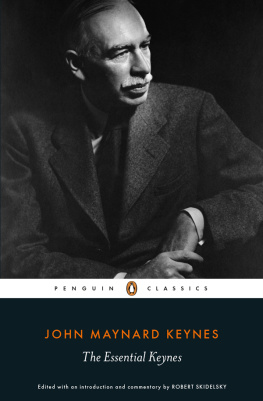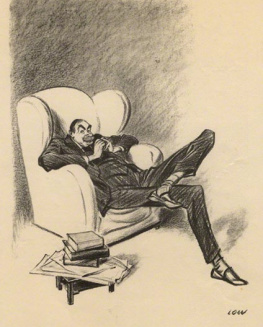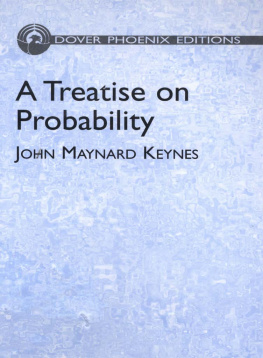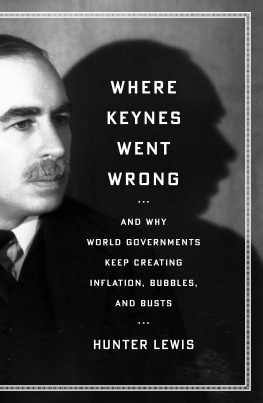Richard Davenport-Hines - Universal Man: The Lives of John Maynard Keynes
Here you can read online Richard Davenport-Hines - Universal Man: The Lives of John Maynard Keynes full text of the book (entire story) in english for free. Download pdf and epub, get meaning, cover and reviews about this ebook. year: 2015, publisher: Basic Books, genre: Detective and thriller. Description of the work, (preface) as well as reviews are available. Best literature library LitArk.com created for fans of good reading and offers a wide selection of genres:
Romance novel
Science fiction
Adventure
Detective
Science
History
Home and family
Prose
Art
Politics
Computer
Non-fiction
Religion
Business
Children
Humor
Choose a favorite category and find really read worthwhile books. Enjoy immersion in the world of imagination, feel the emotions of the characters or learn something new for yourself, make an fascinating discovery.

- Book:Universal Man: The Lives of John Maynard Keynes
- Author:
- Publisher:Basic Books
- Genre:
- Year:2015
- Rating:5 / 5
- Favourites:Add to favourites
- Your mark:
Universal Man: The Lives of John Maynard Keynes: summary, description and annotation
We offer to read an annotation, description, summary or preface (depends on what the author of the book "Universal Man: The Lives of John Maynard Keynes" wrote himself). If you haven't found the necessary information about the book — write in the comments, we will try to find it.
Keyness brilliant ideas made possible 35 years of prosperity after the Second World War, the most sustained period of rapid expansion in history. And now, and in the wake of the 2008 global economic collapse, he is once again shaping our world. Every day, we are likely to hear about Keynesian economics or the Keynesian Revolution, terms that testify to his continuing influence on both economic theory and government policies. Indeed, with the thorough discrediting of his opponentsFriedrich Hayek, Milton Friedman, Alan Greenspan, and other supporters of the notion that capitalism is self-regulating, and needs no government interventionnations across the world are turning to Keyness signature innovations: above all that governments must involve themselves in their economies to stave off financial collapse.
Previous biographies have explored Keynes economic thought at great length and often in the jargon of the discipline. Universal Man is the first accessible biography of Keynes, and reveals Keynes as much more than an economist. Like many Englishmen of his class and era, Keynes compartmentalized his life. Accordingly, Davenport-Hines views Keynes through multiple windows, as a youthful prodigy, a powerful government official, an influential public man, a bisexual living in the shadow of Oscar Wildes persecution, a devotee of the arts, and an international statesman of great renown. Delving into Keyness experiences and thought, Davenport-Hines shows us a man who was equally at ease socialising with the Bloomsbury Group as he was persuading heads of state to adopt his policies. Exploring the desires and experiences that compelled Keynes to innovate, Davenport-Hines is the first to argue that Keynesian economics has an aesthetic basis.
In this book we come to understand not just the most enduringly influential economist of the modern era, but one of the most gifted and vital men of our times: a disciplined logician with a capacity for glee who persuaded people, seduced them, subverted old ideas, and installed new ones; a man whose high brilliance did not give people vertigo, but clarified and lengthened their perspectives. Engaging, learned, and sparkling with wit and insight, Universal Man is the perfect match for its subject.
Richard Davenport-Hines: author's other books
Who wrote Universal Man: The Lives of John Maynard Keynes? Find out the surname, the name of the author of the book and a list of all author's works by series.

